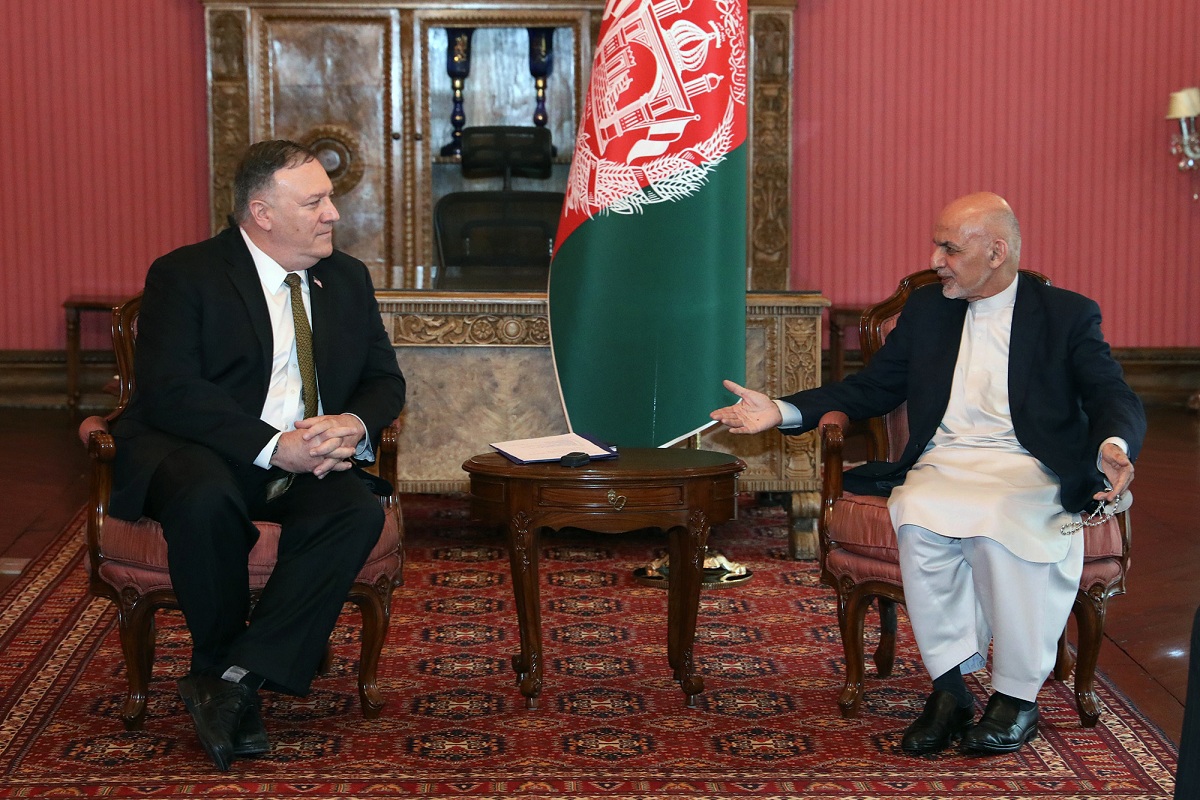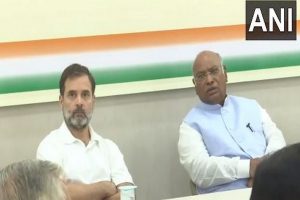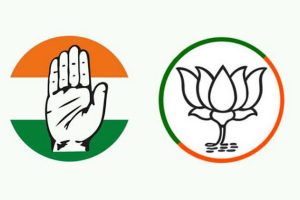The United States of America has rapped the political leadership in Afghanistan on its knuckles. This is the critical signal emitted by Secretary of State Mike Pompeo’s visit to Kabul on Tuesday. Specifically, America will cut aid to Afghanistan worth $ one billion because of the failure to agree to a unity government for talks with the Taliban.
Mr Pompeo’s assurance that the funding could be restored if President Ashraf Ghani and his political rival, Abdullah Abdullah, reach a deal is an offer that is as iffy as it is presumptuous. The aid cut is doubtless a reprisal for the failure to effect a follow-through in the aftermath of the Doha deal; on the contrary, the mayhem persists as it has for the past several years.
The cut will represent about 5 per cent of Afghanistan’s GDP, but President Ghani claimed in a televised address on Tuesday that “the US reduction in aid will have no direct impact on our key sectors”. This is wishful thinking at best; at worst an attempt to obfuscate reality in a direly fractured nation. In his immediate response, he has expressed the hope that the Afghan government will try to satisfy the US “through talks and negotiations”.
More basically, there has been an excess of “talks and negotiations”, so to speak; the nub of the matter must be the imperative to contain the militant offensives, almost relentless. In terms of policing, successive dispensations in Afghanistan ~ whether of Hamid Karzai or Ashraf Ghani ~ have failed, most particularly after the NATO pullout.
The Afghan President, in his immediate response, has blamed Abdullah, who he said had been offered an important role in the cabinet, but had instead demanded changes to the Constitution. Abdullah perhaps has a point. He has released a statement saying that while Pompeo’s trip had created an opportunity to resolve the crisis, “unfortunately it was not utilised properly”.
The Secretary of State is scheduled to meet Taliban leaders in Doha in an effort to revive peace talks. Abdullah, who formerly held the title of Afghanistan’s chief executive officer, refused to accept defeat in last September’s presidential election, amid widespread allegations of fraud. He is seeking to set up a parallel administration in a palace next door to Ghani’s presidential compound.
This dichotomy in governance carries within it the germs of instability, almost chronic. “Their failure has harmed USAfghan relations and, sadly, dishonours those Afghan, Americans, and coalition partners who have sacrificed their lives and treasure in the struggle to build a new future for this country.”
Indeed, the leadership stands indicted with Pompeo explicit on the point that the palace in Kabul poses a direct threat to US national interests. The first cut in assistance could still be averted if Ghani and Abdullah changed course, formed an “inclusive team” and went ahead with the exchange of prisoners. Unlikely.












